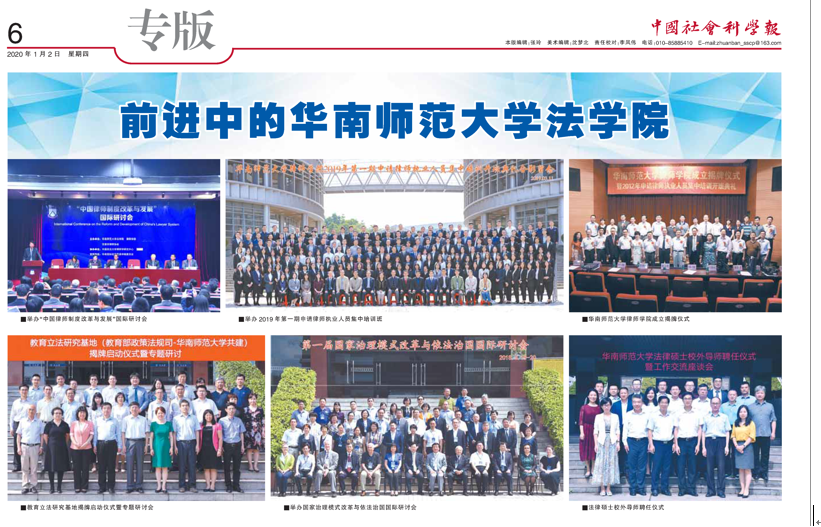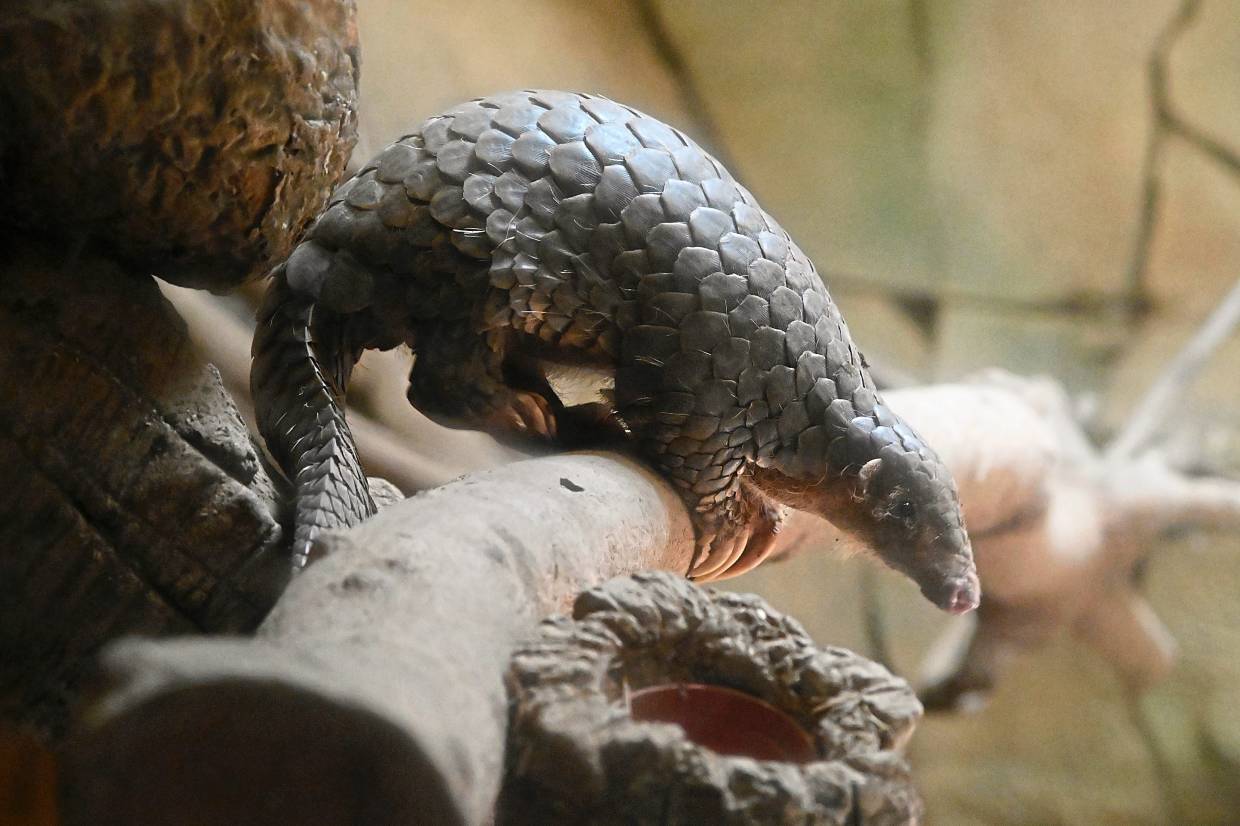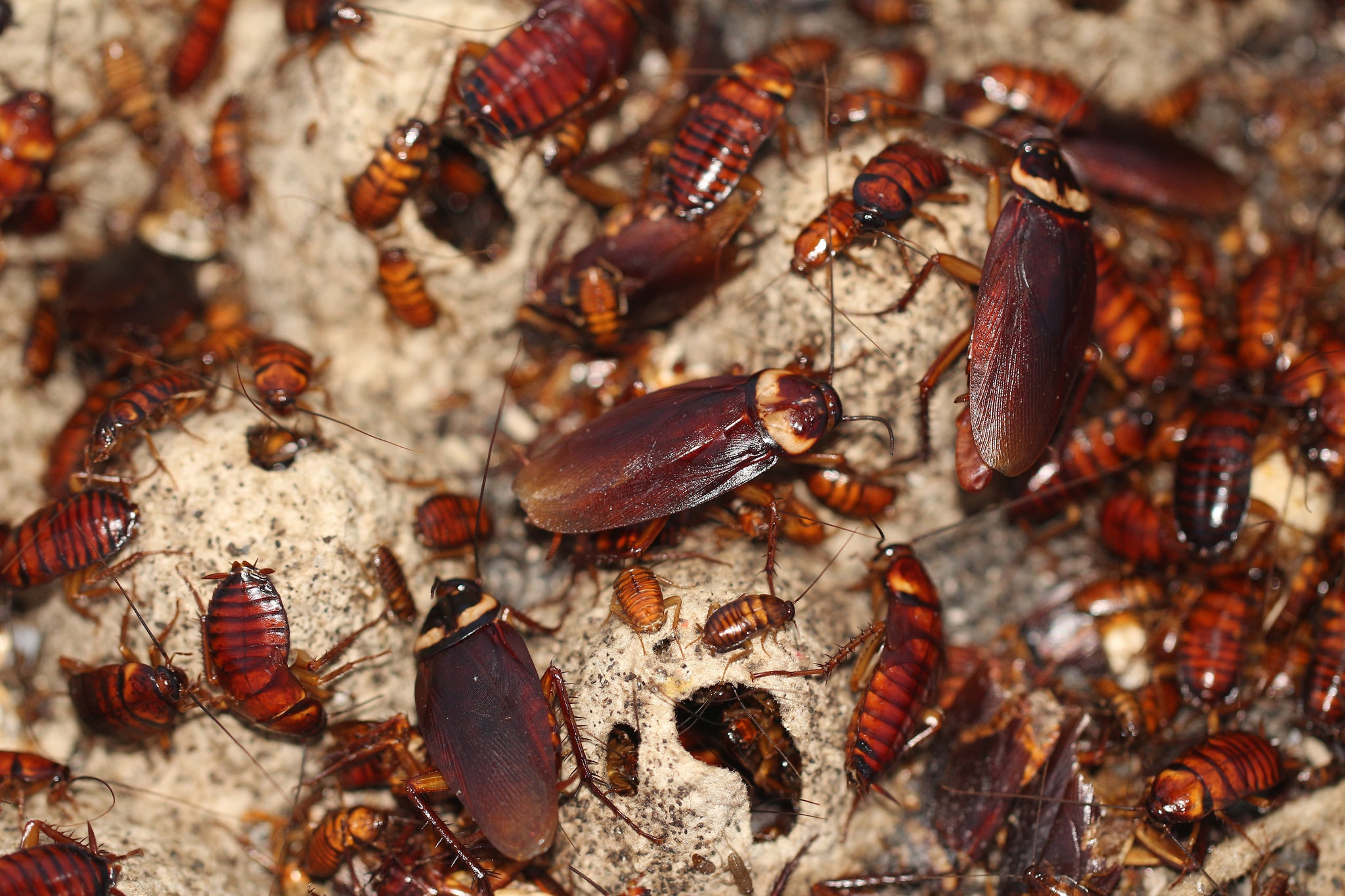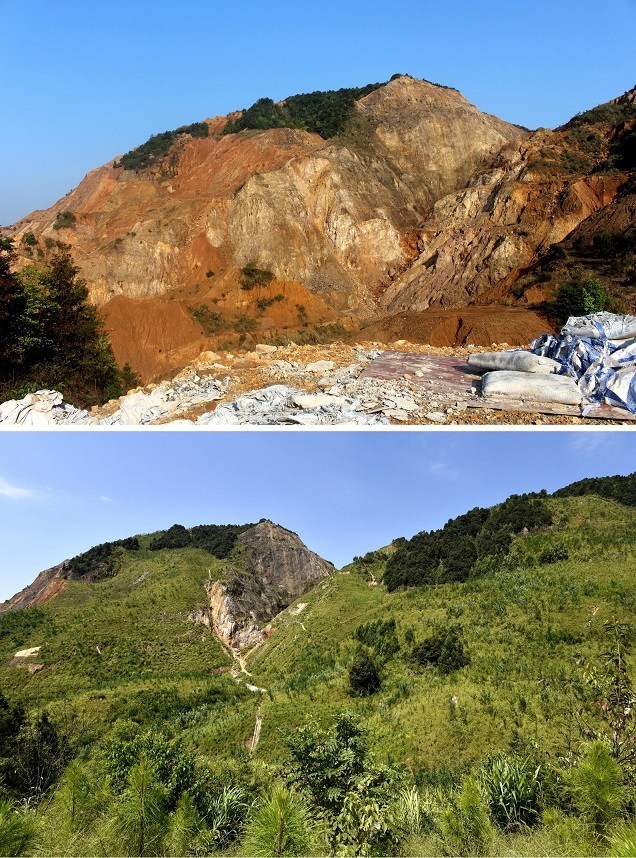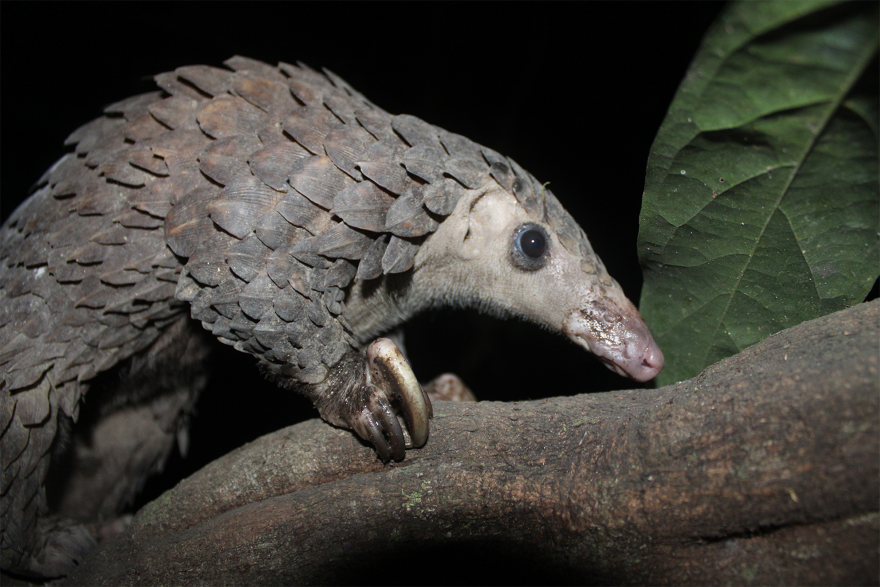
Likes
An analysis of Chinese court records from 2010 to 2023 finds that pangolin scale seizures in the country peaked in 2018 before beginning a steady decline.
The paper attributes this to increased enforcement and public awareness in China, but observers cite global factors like the COVID-19 pandemic and stronger enforcement in source and transit countries, warning the scale of the trade may be higher due to underreporting and its clandestine nature.
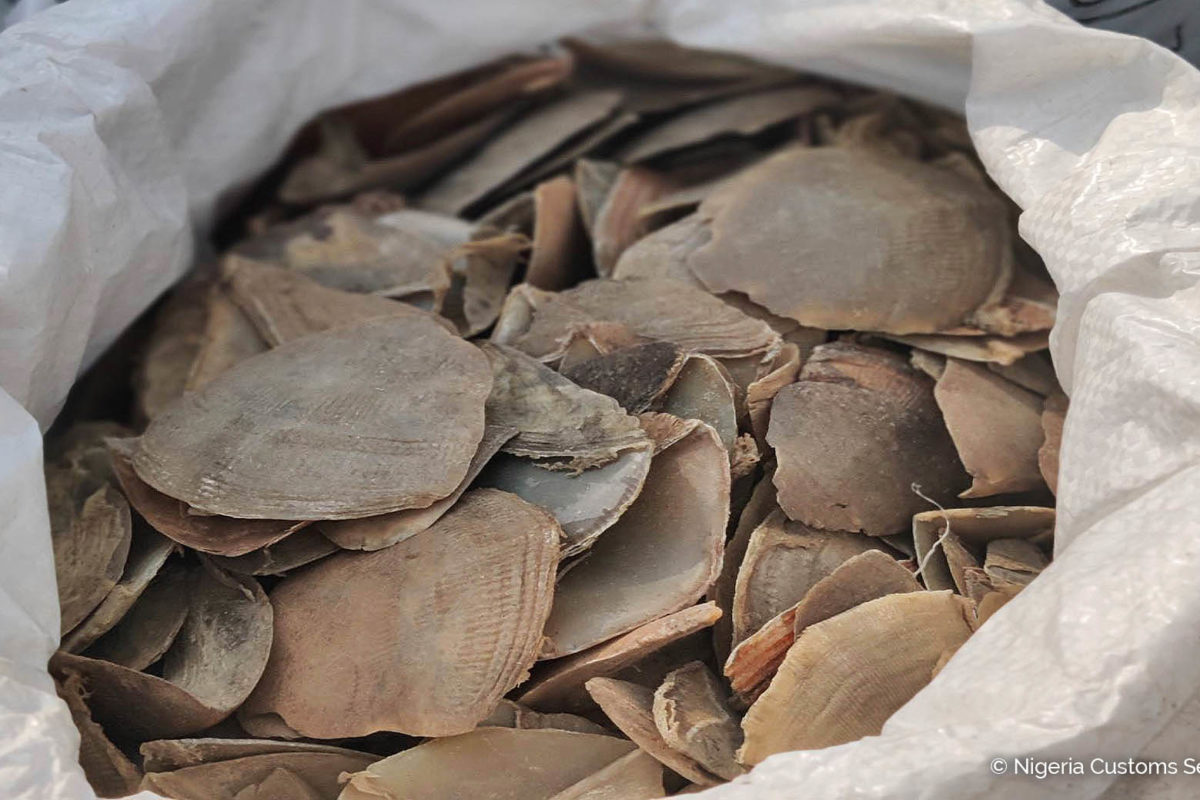
Pangolin scales seized during a raid in Nigeria in August 2021. Image courtesy of Nigerian Customs Service.
In the recent study, published in Nature, experts from South China Normal University analyzed 390 cases of illegal pangolin scale trade recorded from 2010 to 2023 in China Judgments Online, the country’s most authoritative and comprehensive case adjudication platform. Using geospatial and statistical methods, the study found that most confiscated scales originated in Africa, and were funneled through six key Chinese cities, known for their thriving traditional medicine markets, international trade links, and strategic locations.
The researchers had previously analyzed the same database to track seizures of pangolin meat, which they found to be consumed on a limited scale as a luxury item and status symbol mainly in southern China. By contrast, pangolin scales are consumed for medicinal purposes and used in many Chinese regions.
The analysis of court cases related to pangolin scales attributed the drop in reported seizures to heightened enforcement and growing public awareness efforts across the country.
“We think that this was closely related to the strong intervention in wildlife-related violations in recent years in China and the vigorous development of wildlife conservation education, including for pangolins,” the authors, who declined interview requests, wrote in the paper.
The U.K.-based Environmental Investigation Agency (EIA), however, offers a different explanation for the decline of seizures after 2018, pointing instead to global factors. EIA pangolin campaigner Erin Chong cited factors “including the COVID-19 pandemic, as well as increased awareness and enforcement in source and transit countries so the scales don’t actually make it into China.”
Meanwhile, the researchers noted that their reported number of seized pangolins is likely an underestimate, as China Judgments Online only became fully operational in 2013, with mandatory public disclosures starting in 2014. Some recent smuggling cases may also be missing due to delayed judgments or other factors.
The study also identified six key cities in China — Bozhou, Chongzuo, Dehong, Beijing, Hong Kong and Kunming — as major transit hubs for the illegal pangolin scale trade, with most scales originating from Africa, particularly Nigeria, and smuggled via seaports and overland routes. Researchers call for strengthened law enforcement, community engagement, outreach to traditional medicine practitioners, and international cooperation, alongside legislative reforms to ban the domestic use of pangolin scales in traditional Chinese medicine and close wildlife trafficking loopholes.
This news article originally appeared with the headline China’s pangolin scale trade declines, study shows, but smuggling persists
More related reports: Xi, F., Chao, X., Wu, S., & Zhang, F. (2025). Curbing the trade in pangolin scales in China by revealing the characteristics of the illegal trade network. Scientific Reports, 15(1). doi:10.1038/s41598-025-87183-5 Curbing the trade in pangolin scales in China by revealing the characteristics of the illegal trade network
Zhang, F., Xi, F., Tang, X., Cen, P., & Wu, S. (2023). The illegal trade network of pangolin meat in Chinese mainland and its implications for the implementation of key interventions. Biodiversity Science, 31(10), 23079. doi:10.17520/biods.2023079 The illegal trade network of pangolin meat in Chinese mainland and its implications for the implementation of key interventions
What to read next:

